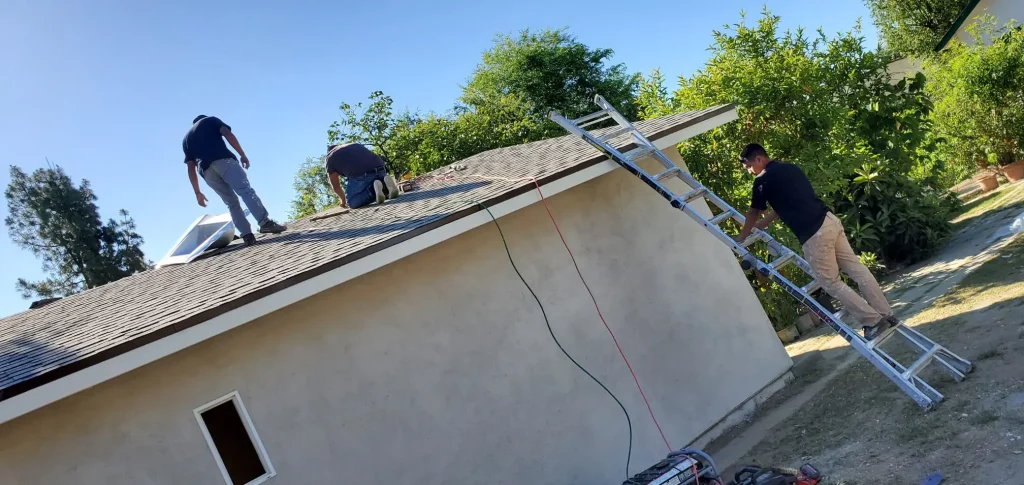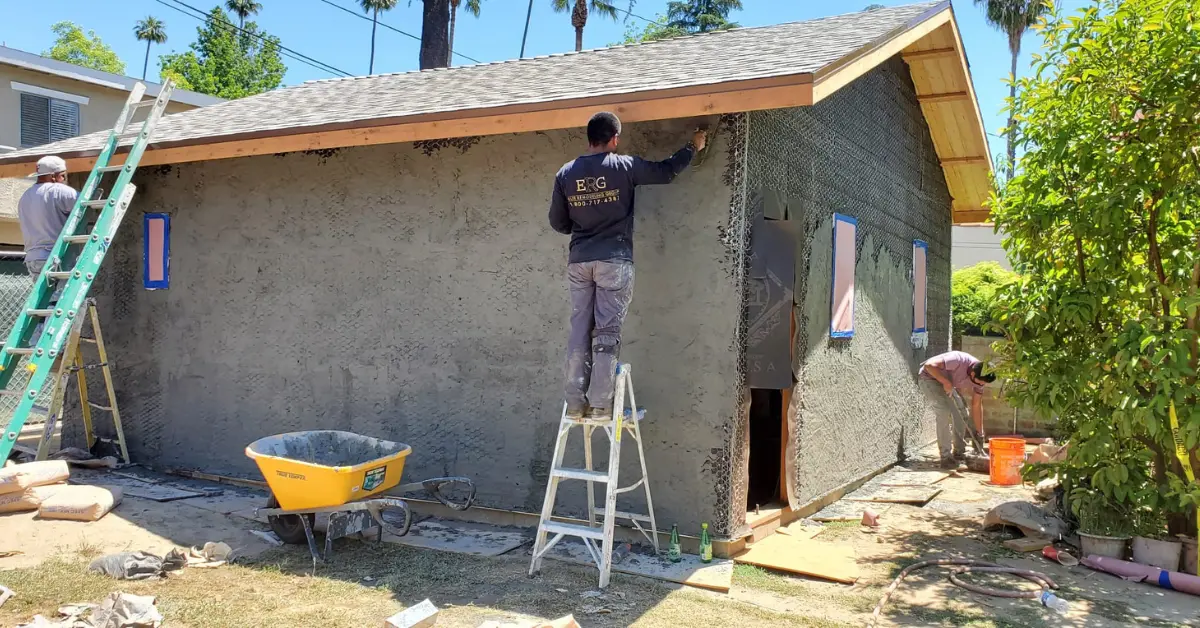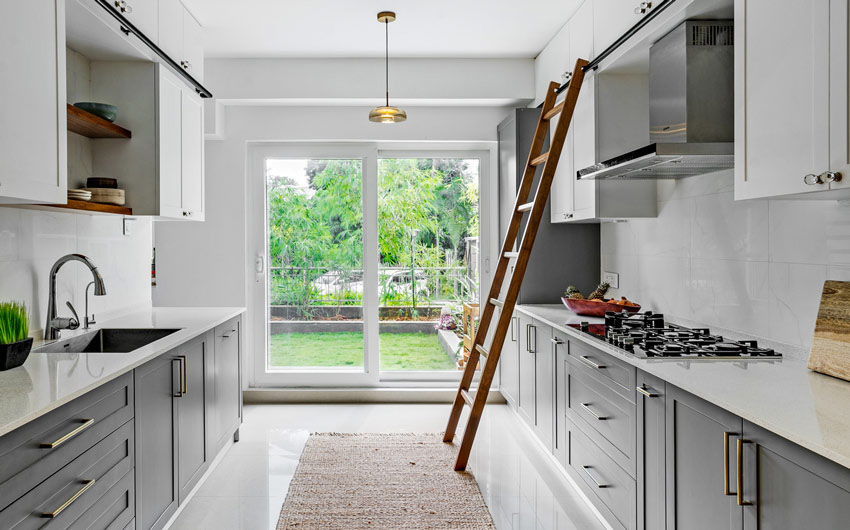Thinking about fixing up that old roof? You’re probably weighing whether to climb up there yourself or call in a roofing contractor. It’s a big decision that affects your home’s safety, value, and your wallet too. Most homeowners face this choice at some point. Today, we’ll break down what you need to know about hiring a roofing contractor for your roof work, and why it might be the right call despite some drawbacks.
The Pros Of Hiring A Roofing Contractor
Let’s face it, roof work isn’t for everyone. A roofing contractor brings years of experience to your project. They know exactly what materials work best for your climate and can spot problems you might miss. Most pros finish jobs much faster too, sometimes in just a day or two.
The best part? You get peace of mind. Most roofing contractor professionals offer warranties on both materials and labor. This means if something goes wrong down the road, you’re covered. Plus, you don’t have to worry about falling off a ladder or making costly mistakes that could lead to leaks or structural damage.
How General Contractors Handle Permits & Building Zones
Safety is a huge benefit when working with experts. A professional roofing contractor follows strict safety guidelines that protect both their workers and your property. They carry insurance that covers accidents on your property, which shields you from liability if someone gets hurt.
Most states require these specialists to meet specific license requirements. This means they’ve proven their knowledge and skills through testing and experience. A properly licensed expert has demonstrated they understand building codes and proper installation techniques that keep your home safe and compliant.

The Cons Of Hiring A Roofing Contractor
Cost is usually the biggest drawback. Hiring a roofing contractor will cost more upfront than doing it yourself. Labor makes up a big chunk of your bill, sometimes 60% or more of the total cost. This can put professional help out of reach for some homeowners on tight budgets.
Another downside is scheduling. Good professionals often have packed calendars, especially during busy seasons. You might wait weeks or even months for your project to start. And sometimes communication issues pop up, leaving you wondering about the status of your project.
How To Verify Your Roofer Has The Proper Credentials
Don’t just take someone’s word that they’re qualified. Always ask to see proof of:
- A current business license for your state and city
- Liability insurance (ask for a certificate naming you as an additional insured)
- Workers' compensation coverage for their employees
- Manufacturer certifications for the materials they install
- Local references from jobs completed in the last six months
- List Item #3
Call your local building department to verify their license is in good standing. A quick check online can also reveal reviews and any complaints filed against them. Remember, reputable roofing contractor businesses are happy to provide this information because it shows they run a legitimate business.

Why A Professional Roofing Contractor Is Your Best Investment
Think of roof work as a long-term investment, not just an expense. Quality installation by a skilled roofing contractor extends the life of your roof by years, sometimes decades. This saves money over time through fewer repairs and delayed replacement costs.
Professional installation also maintains or even increases your home’s value. Potential buyers often have inspections done, and a poorly installed roof can become a deal-breaker or price reduction point. The right expert ensures your home passes these inspections with flying colors.
Remember, your roof protects everything underneath it. Cutting corners here can lead to water damage, mold, and structural issues that cost far more to fix than doing the job right the first time. For most homes, hiring a qualified professional is the smartest choice you can make.













